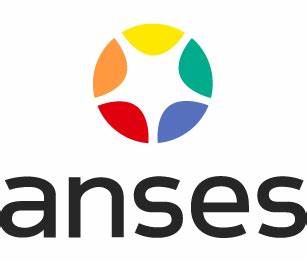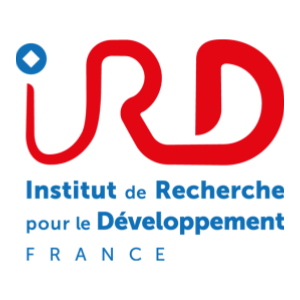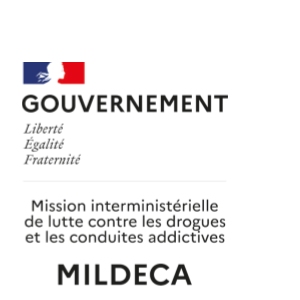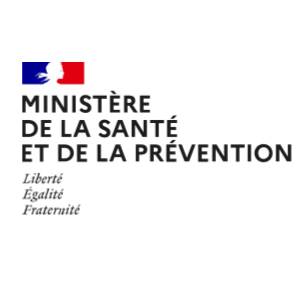Alimentation consciente: adaptation d’outils observationnels et interventionnels aux populations françaises générales et vulnérables
Résumé de soumission
Context: Nutrition, together with overweight and obesity, are major risk factors associated with the development of chronic diseases such as metabolic syndrome, atherosclerosis, heart disease, diabetes or cancers. Obesity has also recently emerged as a novel risk factor for hospitalization and death due to COVID-19. There is therefore still an urgent need to identify the best strategies that effectively improve dietary behavior and weight status. Increasing awareness of food and of the eating process might be an effective strategy to improve the diet and an alternative to restrictive diets that have little effect upon long-term weight control. Mindful eating is a concept that can be used to describe a nonjudgmental awareness of physical and emotional sensations while eating or in a food-related environment. Mindful eating has shown positive association with dietary behavior and weight status in both observational and interventional studies. Despite promising results, there is a lack of knowledge in this particular field due to the lack of available tools and the novelty of mindfulness interventions in primary care settings. Existing mindful eating questionnaires are indeed not available in French and lack validity while mindful eating programs have not been adapted to the French context and lack evaluation.
Objectives: The main objective of this project is therefore to develop tools allowing to deepen our knowledge of mindful eating and to allow its consideration in primary prevention. More particularly we will i) develop a questionnaire to assess mindful eating level in various French populations (general and overweight) and ii) adapt a mindful eating program to the French context and evaluate this program in an intervention study.
Methods: In WP1, semi-structured interviews and focus groups will be performed in various profiles of individuals to deepen the understanding of the mindful eating concept, questionnaires and intervention perception. These qualitative data will nurture WP2 and WP3. WP2 will focus on the development of a mindful eating observational questionnaire. A list of items will be produced by a group of experts based on WP1 data. Structural validity of the scale will be assessed in two subset samples of the NutriNet-Santé study (N=1000 normal-weight and 1000 overweight individuals) using exploratory and confirmatory analyses. The internal consistency of instruments and test–retest reliability will be examined. Further, convergent validity will be assessed in various samples i.e association between mindful eating scores and i) dietary behavior and psychological traits in the sample from the NutriNet-Santé study ii) food equanimity in food choices in 100 individuals from the general population iii) dietary behavior, binge eating and psychological traits in 100 overweight individuals. In WP3, a mindful eating program will be adapted to the French context, based on validated international programs, current program from the CHU-hospital and WP1 results. An intervention study will be performed in 56 overweight individuals who will either receive a mindful eating intervention or a conventional dietetic approach. Impact of the intervention on mindful eating level, psychological characteristics, dietary characteristics and weight status will be assessed. A qualitative analysis will be performed to assess patients’ perception of the intervention.
Perspectives: A major interest of this work is to provide validated tools to assess and intervene on mindful eating, adapted to the French context specificities?. These tools will allow further evaluation of the potential longitudinal association between dispositional mindful eating level and eating-related outcomes. The adapted mindful eating program will allow setting up larger multicenter studies further assessing the impact of mindful eating interventions on eating-related outcomes. These tools which aim at being largely disseminated will be useful for professionals who aim at assessing or modifying mindful eating levels in general and overweight populations in particular.
Keywords:
Eating behavior; lifestyle; nutrition; mindful eating; overweight; questionnaire; interventi.
Equipes du projet
Coordonnateur :
PENEAU Sandrine
N° ORCID : 0000-0002-3463-0989
Structure administrative de rattachement : Université Sorbonne Paris Nord
Laboratoire ou équipe : Equipe de Recherche en Epidémiologie Nutritionnelle (EREN)
Autres équipes participantes :
Responsable de l'équipe 2 : SHANKLAND Rébecca
Laboratoire Développement, Individu, Processus, Handicap, Education (DIPHE)
Responsable de l'équipe 3 : RODHAIN Angélique
Montpellier Recherche en Management - EA 4557
Responsable de l'équipe 4 : AVIGNON Antoine
Institut Desbrest d'Epidémiologie et de Santé Publique
Responsable de l'équipe 5 : TURGON Roxane
LIP/PC2S - EA 4145, Laboratoire Interuniversitaire de Psychologie
Responsable de l'équipe 6 : LEYS Christophe
Université libre de Bruxelles - Service d'analyse des données (SAD) - EC013
Dites-le nous !














